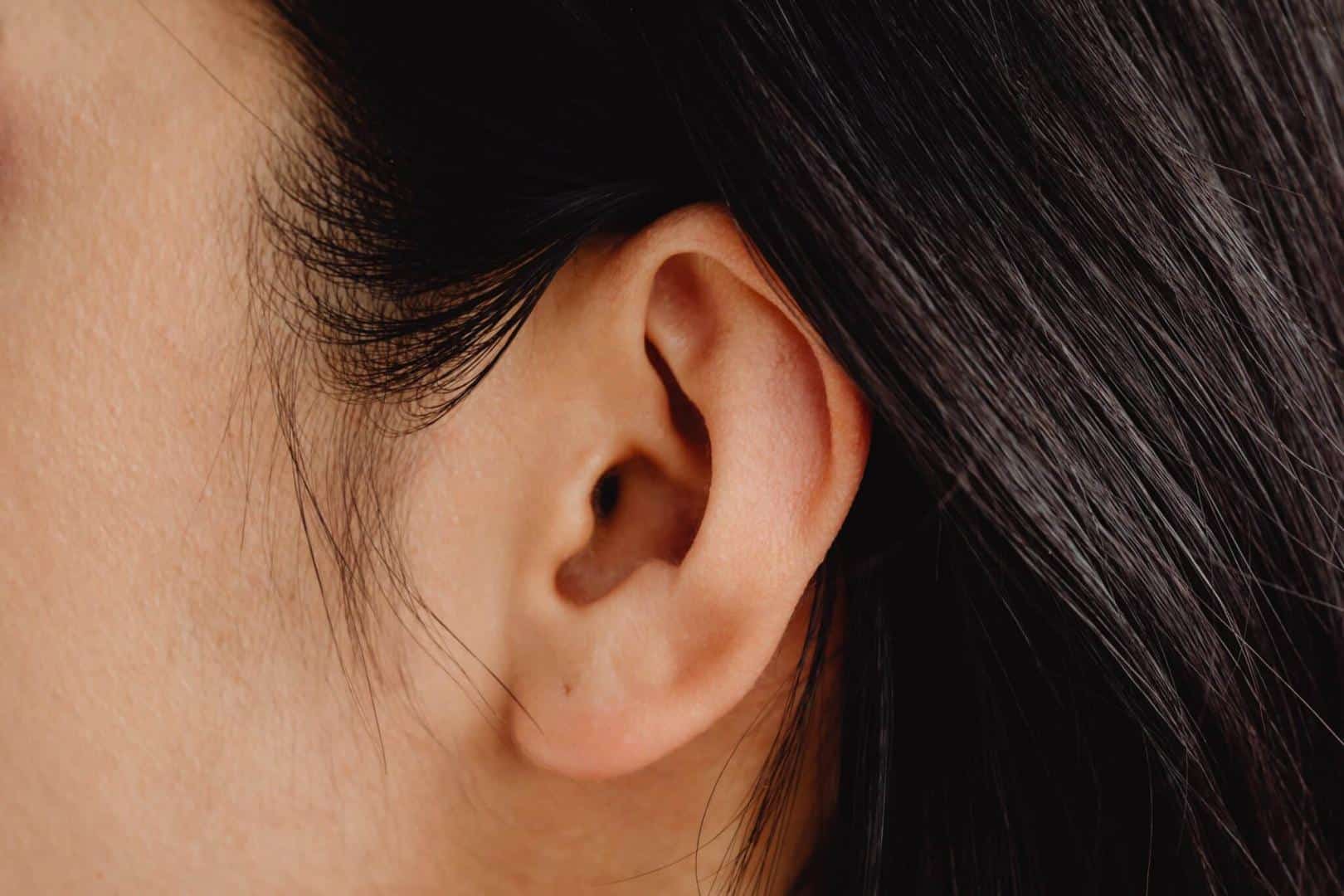Our ears play such a huge role in our daily lives, but how much do you really know about them and how they work? Let’s examine a few interesting facts about your ears and how the hearing process works.
Five Facts About Hearing and Your Ears

- Your ears have the three smallest bones in the body. There are over 200 bones in the human body, and your ear contains the three smallest, which are the malleus, incus and stapes. They work to help you hear by transmitting sound vibrations to the brain.
- Hair cells help you hear. Hair cells in your inner ear, called stereocilia, play a very important role in the hearing process. Damage to these cells can happen from exposure to loud noise, aging, certain medications and other factors. Enough damage can lead to permanent hearing loss.
- Men and women struggle with different sounds. Research has shown that women of all ages have a better ability to hear higher frequency or higher-pitched sounds (above 2000 Hz) than men. However, as women get older, they struggle to hear lower-frequency sounds more than men do.
- Age makes it harder to hear high-pitched sounds. As you get older, you may find it harder to understand children’s voices or hear birds chirping outside your window. Hearing loss becomes more common with age, and in general, high-pitched or high-frequency sounds become harder to hear first.
- Earwax keeps your ears clean. Earwax is sometimes associated with having “dirty” ears. While too much earwax can cause buildup and certain problems like ear pain or temporary hearing loss, most of the time, your ears do a good job of self-cleaning and regulating how much earwax you have. Not only that, but earwax actually helps keep your ears clean and safe by protecting them from dirt, bacteria and other debris.
Keeping Your Ears Healthy
Your ears let you enjoy going to the symphony and help you to laugh and play with your grandchildren when you’re out at North Beach Playground. Taking care of them is essential to your overall health and well-being. Ways you can do that include:
- Use hearing protection like earplugs or earmuffs when exposed to loud noise.
- Avoid cleaning your ears with a cotton swab or anything else you stick into the ear.
- Schedule an appointment with an audiologist or medical provider if you notice any changes in your hearing or balance.
- If prescribed hearing aids for your hearing loss, wear them consistently and take proper care of your device.
For more information or to schedule an appointment with one of our specialists, call The House Institute today.